19 years since war crime in Srebrenica
Friday marks 19 years since the forces of the Bosnian Serb army, VRS, entered Srebrenica and committed war crimes, killing about 8,000 people.
Friday, 11.07.2014.
12:20

19 years since war crime in Srebrenica
During the war in Bosnia, Srebrenica was a Muslim enclave in eastern Bosnia, which was formally under UN protection. The attack on Srebrenica began on July 6 in 1995 and ended five days later when VRS troops under the command of General Ratko Mladić entered the town.A Dutch UN battalion was stationed in the enclave at the time of the attack. Mladić told a Pale based TV station at the time that he was in "Serb Srebrenica," that he was turning it over to the Serb people, and that the time had come for revenge "on the Turks" in this area.
According to the ICTY indictment, troops under the command of Mladić by July 19 organized and systematically killed 8,000 Muslim men and boys. At the same time 30,000 women and children were deported within two days.
A report by Dutch experts, published on April 10, 2002 referenced the results of an investigation into the circumstances of the fall of Srebrenica during the war, estimating that the Dutch government and the United Nations share a part of the responsibility for the massacre of Muslims in 1995. After that, the Dutch government and the Dutch Army chief of staff resigned.
In the report of the government commission on Srebrenica it was stated that the during the offensive of the Serb forces against what was a "safe area" in July 1995, 7,800 Bosniaks were killed.
Bosnian Serb leaders Radovan Karadžić and General Ratko Mladić have been indicted with committing genocide. Karadžić was arrested on July 21, 2008, after 13 years of hiding, while Mladić was arrested in May 2011, after 16 years of hiding, and both are currently on trial before the Hague Tribunal for war crimes.
In December 2012 the Hague Tribunal sentenced General Zdravko Tolimir, former assistant to Ratko Mladić and wartime intelligence chief of the Main Staff of the VRS, to life in prison, convicting him of genocide against Muslims in Srebrenica.
The Appeals Chamber of the ICTY acquitted on February 28 last year former Yugoslav Army Chief of Staff Momčilo Perišić of charges of aiding and abetting crimes against Muslims in Bosnia 1993-95 and Croats in Croatia. Perišić was sentenced to 27 years in prison in the first verdict.
Three months later the same chamber of the Hague Tribunal acquitted the former chief of Serbian State Security Service Jovica Stanišić and his assistant Franko Simatović, charged of crimes against non-Serbs during the war in Croatia and Bosnia.
In June 2010 former VRS officers Vujadin Popović and Ljubiša Beara were sentenced to life imprisonment for genocide in Srebrenica. At the same five other military and police officers of the RS were convicted - Drago Nikolić to 35 years in prison, Ljubomir Borovčanin to 17, Vinko Pandurević to 13, Radivoje Miletić on 19 and Milan Gvero to five years in prison.
Dražen Erdemović was the first to be convicted for crimes committed in Srebrenica. Erdemović was sent to jail for five years in 1998. He was a member of a VRS unit which was under the command of Mladić's headquarters.
He admitted that he participated in the mass execution of Muslims from Srebrenica on July 16 in 1995 on a farm near Pilica. According to his estimate, about 1,200 men and boys were killed there that day.
VRS General Radislav Krstić was convicted in 2001 to 46 years in prison for genocide in Srebrenica, and four years later his sentence was reduced to 35 years in prison for aiding and abetting genocide.
It was the first judgment of the ICTY for genocide.
Krstić named during the trial Mladić and five other officers as responsible for the massacre of Muslims in Srebrenica.
In memory of the killed Bosniaks the Memorial Center was built in Potočari near Srebrenica, which was officially opened by former U.S. President Bill Clinton on September 20, 2003.
At the cemetery that is part of the Memorial Center, the remains of victims that have been identified are buried. So far 6,066 victims have been identified from mass graves. Graves were found on more than 150 different locations in the Drina valley, of which 74 mass graves.
The commemoration of the tenth anniversary of the crime, in 2005, was attended by over 50 representatives of countries and international organizations, among them then President of Serbia Boris Tadić.
The commemoration was not attended by then chief prosecutor Carla del Ponte in protest of the main suspects Radovan Karadžić and Ratko Mladić still being at large.
In early July, 2006 the government of Serbia condemned all war crimes in the Yugoslav wars, specifically mentioning crimes against Muslims in Srebrenica, and against Serbs in nearby Bratunac.
Four years later, the Serbian parliament adopted a declaration condemning the crimes committed against the Bosniak population of Srebrenica in July 1995, in the manner determined by the judgment of the International Court of Justice.
The International Court of Justice in The Hague in 2007 issued a judgment according to which genocide was committed in Srebrenica.
Resolutions on Srebrenica confirming the decision of the International Court of Justice were passed in parliaments of EU countries, Canada, U.S. and Australia. The European Parliament decided in January 2009, to declare July 11 Day of Commemoration of the Srebrenica Genocide.
The parliament of Bosnia-Herzegovina declared July 11 Day of Commemoration in the Federation, but not for the entire country, because of opposition of MPs from the RS.
On the eve of the 15th anniversary of the Srebrenica massacre, the RS parliament refused to pass a resolution condemning the crime.
In April last year, the Dutch defense ministry announced that the Dutch state would pay 20,000 euros in compensation to relatives of three Muslims which Dutch officers threw out of their camp, and who were later murdered in 1995 in Srebrenica.
The verdict for the first time saw a state declared responsible for actions of its soldiers operating under a UN mandate.
Another trial is ongoing before a Dutch court, on a lawsuit filed in 2007 by the families of victims of the genocide in Srebrenica against the Dutch state and its "blue helmets" of the UN in Bosnia, for failing to prevent the massacre.
A group of NGOs requested from the highest authorities of Serbia to proclaim July 11th Day of Remembrance of Genocide in Srebrenica.
The request was forwarded to the president of Serbia, the government and parliament on the grounds that it is extremely important to restore dignity of victims, deal with the past, and for reconciliation in the region and further European integration.
The initiative launched by Center for Cultural Decontamination, the Humanitarian Law Center, the Helsinki Committee for Human Rights in Serbia, the Youth Initiative for Human Rights, the Lawyers Committee for Human Rights and the Women in Black, in February 2009.
The European Parliament adopted a resolution declaring July 11 Day of Commemoration of the Srebrenica Genocide, said representative of the Women in Black Violeta Đikanović, reminding that the request was supported by more than 100 non-governmental organizations.
The Serbian Parliament adopted on March 31 2010 its declaration condemning the crime in Srebrenica, but did not declare July 11 as day of remembrance.










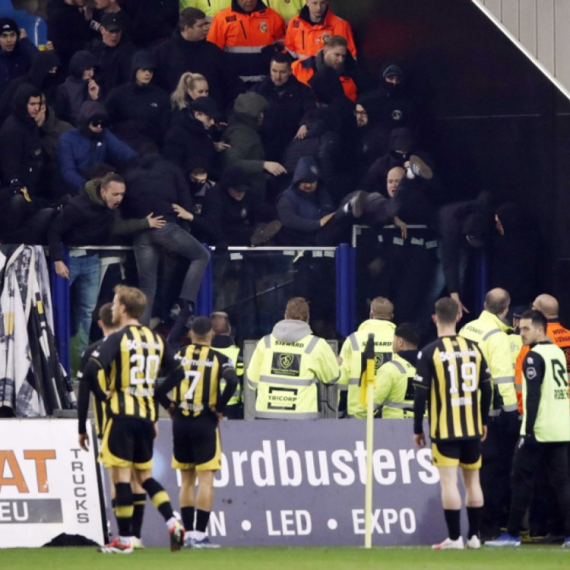


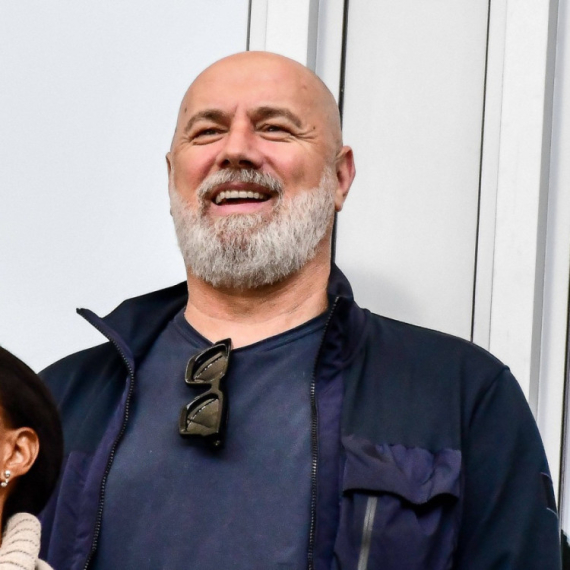




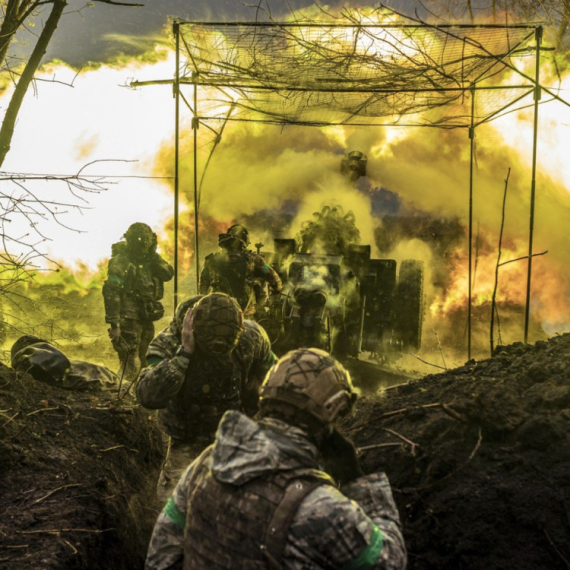
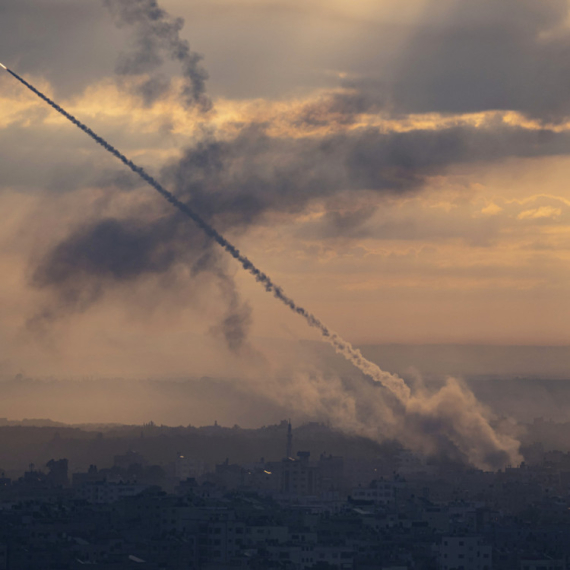























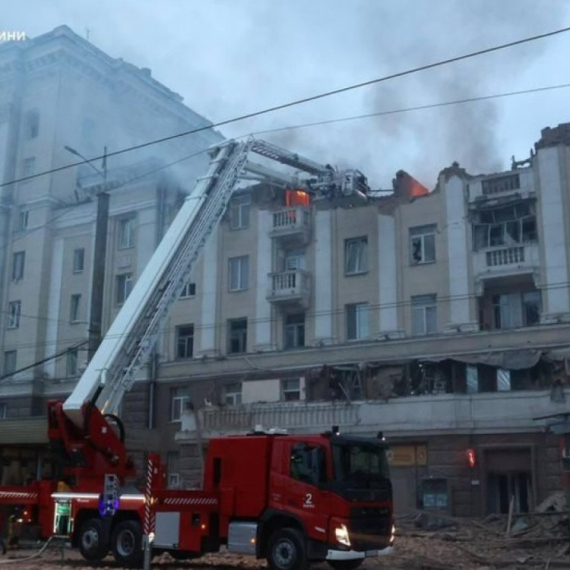
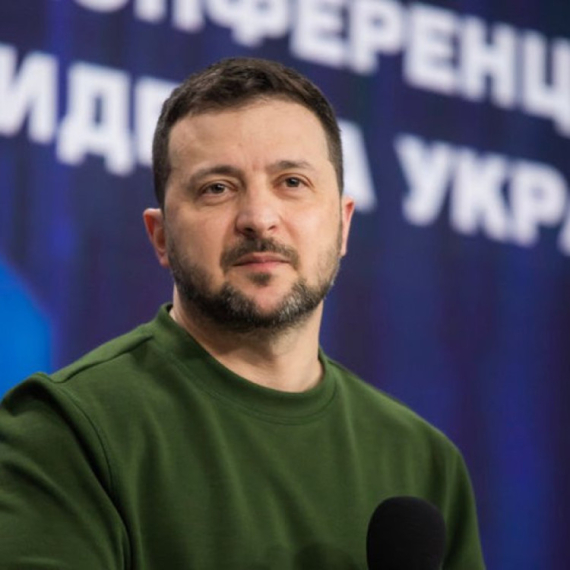

Komentari 44
Pogledaj komentare